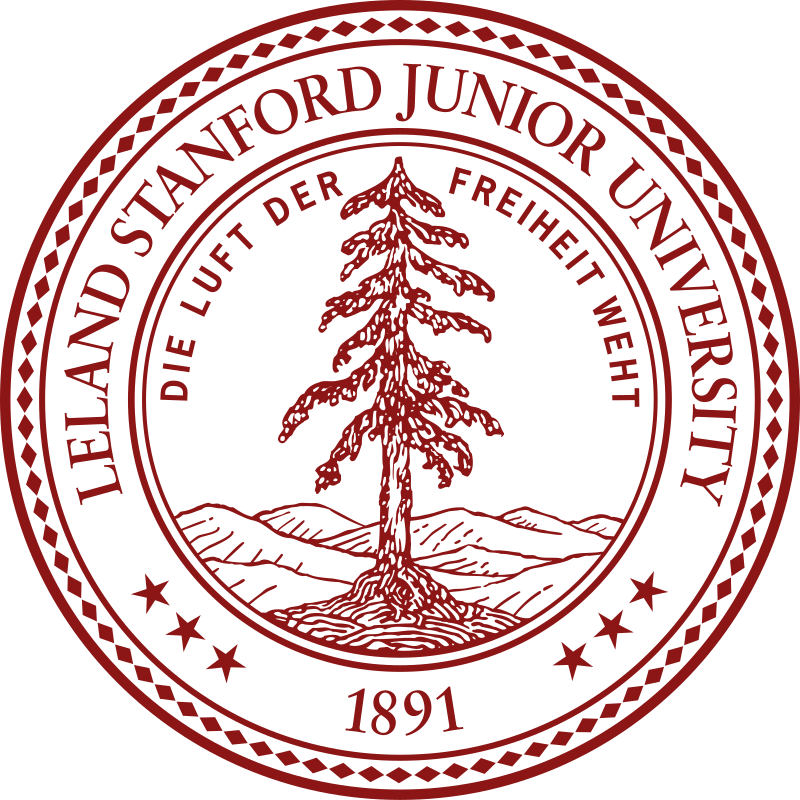Year 1
You will study compulsory courses in physics and mathematics.
Physics 1A presents the pillars of physics upon which subsequent material is based. This will develop your problem solving and study skills. The course is innovative in its use of technology and offers an interactive learning experience.
Physics 1B introduces you to a wide range of physics topics and how these impact our understanding of the universe including:
waves
introductory quantum mechanics
nuclear and particle physics
This also includes an introduction to university laboratory work.
You will study Mathematics for Physics 1 and 2 which include mathematical and problem-solving skills in the context of algebra and calculus - with an increasing emphasis on physical applications.
You will be able to choose two further subjects from other academic areas.
Year 2
You will study modern physics and physics of fields and matter.
Supporting mathematics courses will cover:
algebra
calculus
dynamics and vector calculus
You will also be introduced to practical physics including:
programming
data analysis
experimental techniques
If you enter the programme in Year 2 you will also take additional introductory courses in classical physics and mathematics.
You will have the freedom to choose one or two courses from other academic areas.
Year 3
You will study:
thermodynamics
statistical mechanics
electromagnetism
optics
quantum mechanics
We also offer:
a supporting mathematics course covering Fourier analysis probability and statistics
a computing course on numerical algorithms
an introductory course to research methods
a course on experimental laboratory
Year 4
You will undertake a year abroad at a partner institution.
During this period you will undertake an extended research project on a topic agreed with your host supervisor.
You may also attend taught courses chosen from those available at the university. These will be at an appropriate level and relevant to your interests and degree programme.
Year 5
You will study compulsory courses covering:
relativity
nuclear and particle physics
condensed matter physics
quantum and statistical physics
You will also be able to choose a number of advanced-level courses from several available options.
In addition you will undertake a research project chosen from a wide range of topics.
Through the project you will identify and cultivate the technical personal and presentation skills needed to work successfully in a physics-based research/development environment.
Show less













